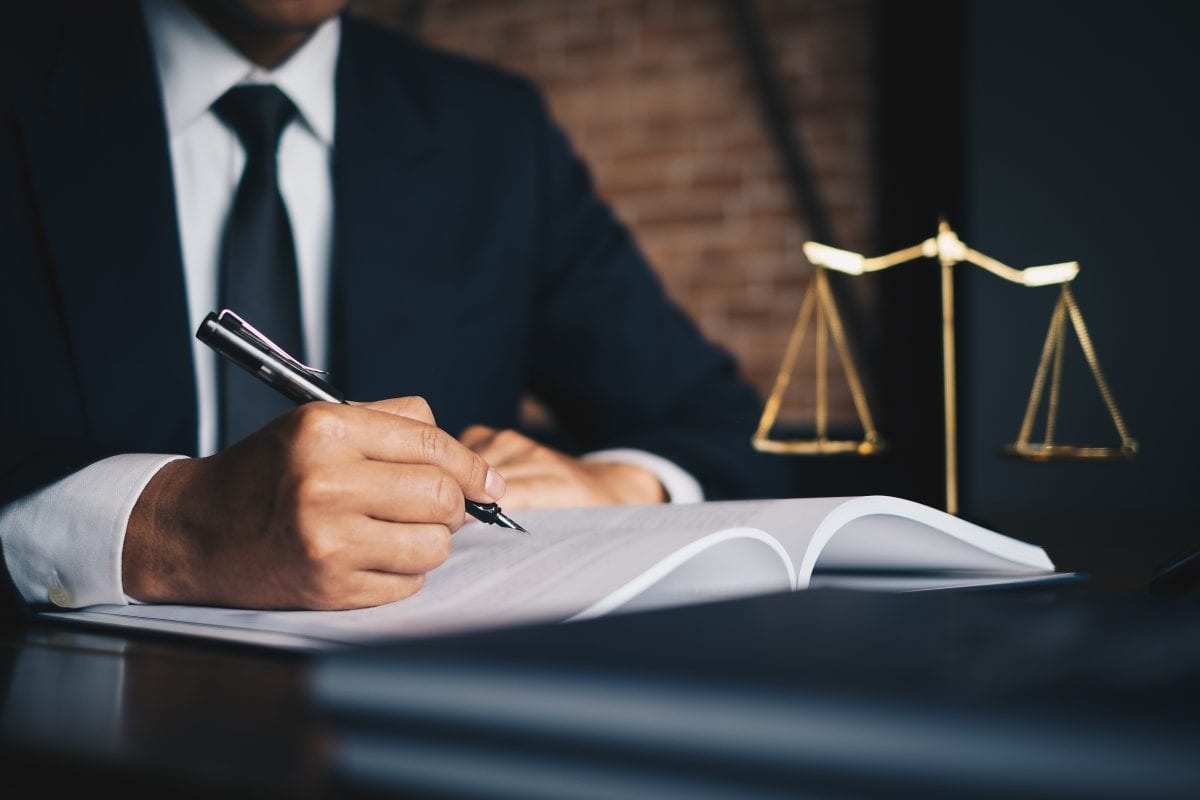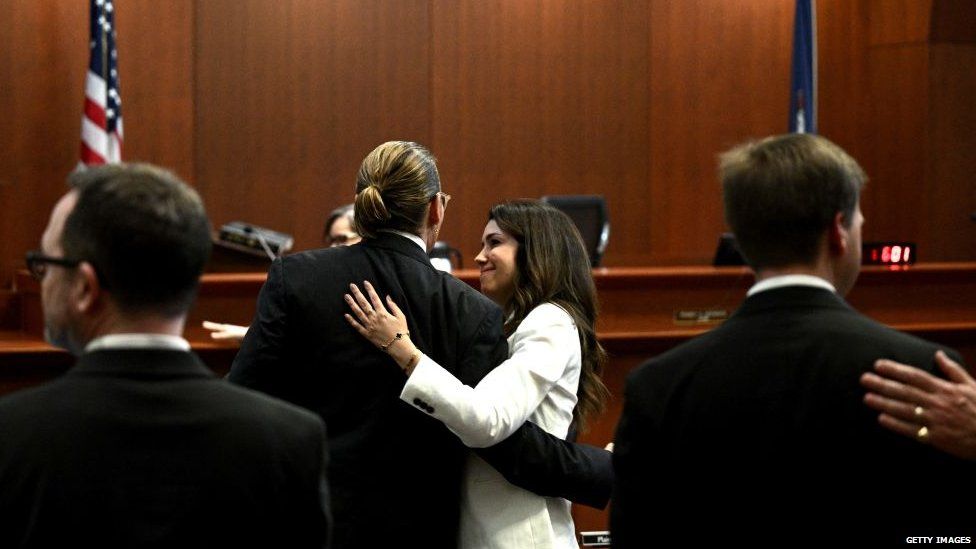Today we will provide information and reviews about Lawyers Club: Something to talk about
Read the following article to get more information.
Since Nicole Black and I published Social Media for Lawyers: The Next Frontier in 2010, social media for lawyers has in some ways become a victim of its own success.
I mean, when lawyers realized that social media could help them get clients, they took it and made it professional. Hiring social media managers to manage beautiful Instagram posts and moderate Facebook groups and buying bland, keyword-stuffed content for blogs. And just like that, 90% of lawyers’ social media was nothing more than a big, boring ad campaign.
And that’s why Clubhouse, the newest social media kid on the block, is so refreshing so far. Because it’s rough around the edges and noisy and diverse and immediate and fleeting and most importantly, it’s almost impossible to fake.
So what is the club? Clubhouse, which describes itself as a “sliding voice chat,” enables users to join rooms to chat with each other, listen to experts, or host conversations. Clubhouse is audio only so it’s very moving. I listened to a few lectures and even asked questions during the long drive. As with other social media apps, Clubhouse users create bios (emojis are searchable and therefore encouraged!), follow each other, and receive activity alerts.
Club House is out of business for several reasons. First, as of today, Clubhouse is invite-only—meaning an existing user must ask you to join. As a result, Clubhouse is taking advantage of the FOMO phenomenon, even if it wasn’t intentional—when the app launched, it wasn’t ready for prime time, so the founders came up with an invite-only plan instead of rolling it out in full beta.
Second, Clubhouse is addictive. One can find career or dating advice or even get a reading from a psychic while spending hours hopping from room to room listening to conversations about anything from the Trump impeachment process to Cannabis Business 101. And since Clubhouse is audio-only, it makes for on-the-go listening.
Third, the Clubhouse has attracted big names. I’ve attended sessions with people like Gerry Way and Mark Anderson. This type of access helps with the crowd.
Fourth, Clubhouse is very diverse in terms of age, gender, race and nationality of users. I’ve always thought that social media would help me meet and connect with people around the world, but with the exception of meeting a few tech legal people in Israel and the UK, international communication hasn’t happened as much. . I have seen in the Clubhouse.
Fifth, Clubhouse came at the right time. A few months into the pandemic, many of us are downsized, our schedules unpredictable as we study and work from home, and our attention spans are short. Clubhouse offers a quick way to relax and chat in small moments anytime.
But this is a bigger picture than the clubhouse. What you’re probably wondering is, is this something lawyers can use, and if so, how?
To answer the first question, is the club useful for lawyers, the answer is absolutely yes. I’ll refer you to my fellow author Nikki Black’s extensive post at Above the Law, where she makes a strong case for why Clubhouse is uniquely suited to lawyers. As Niki explains, Clubhouse plays to the strengths of lawyers by providing an easy platform to share information, educate others about legal issues, and engage in informal discussions that are illegal (because recording chats is prohibited and you’ll be booted from the platform. he does). .
In addition, Clubhouse should not raise any moral warnings. After all, lawyers are already engaged in conversation, so they’re intimately familiar with what we can and can’t say in open conversations, and those rules shouldn’t change whether we’re interacting at a bar event, a birthday party, or the clubhouse. The scenarios are the same.
Anyway, Nikki was so fascinated by Clubhouse that she suggested we co-host a panel on how lawyers use Clubhouse. Our event yesterday was organized with the help of Mitch Jackson, who generously served as our moderator and gave us tips as we went. We asked about 75 participants how they use the Clubhouse and the answers are:
– guidance of law students and female lawyers;
– share information about intellectual property;
– Hosting a weekly “Night Court” to discuss various legal issues.
– interviewing and shining in the spotlight of successful people;
– Meeting with lawyers in different countries and exchanging opinions about the law.
– Learn simply by listening to the challenges facing lawyers of color
– For solutions and exchange ideas about challenges such as working from home
And yes, lawyers are getting business and money from Clubhouse, too—in a couple of women’s lawyer groups I’ve been in, at least three lawyers have reported signing up clients (one had 15 ) after hosting questions and answers on topics such as business law, branding and trademarks. Without a doubt, business development is important – but if that’s your only goal at Clubhouse, you’re missing out.
But that’s what I love most about Clubhouse. At least for now, you can’t fake it. Insta can be managed, podcasts can be scripted, like Tiktoks, video can be replayed over and over and remotely requested to play.
In contrast, the clubhouse is the simplest and most natural form of communication: conversation just like we would have at conferences or parties or in-person events. Clubhouse may not completely fill the void, and who knows what the platform will look like months down the line. At least for now, this time around, Clubhouse should give lawyers something to talk about by providing a new platform to talk about.
Now, I have run out of invitations for the Clubhouse. But if you’d like to engage on another platform, check out my free 90-minute Triage Client Clinic on January 19, 2021 at 3 p.m. Register Here.


